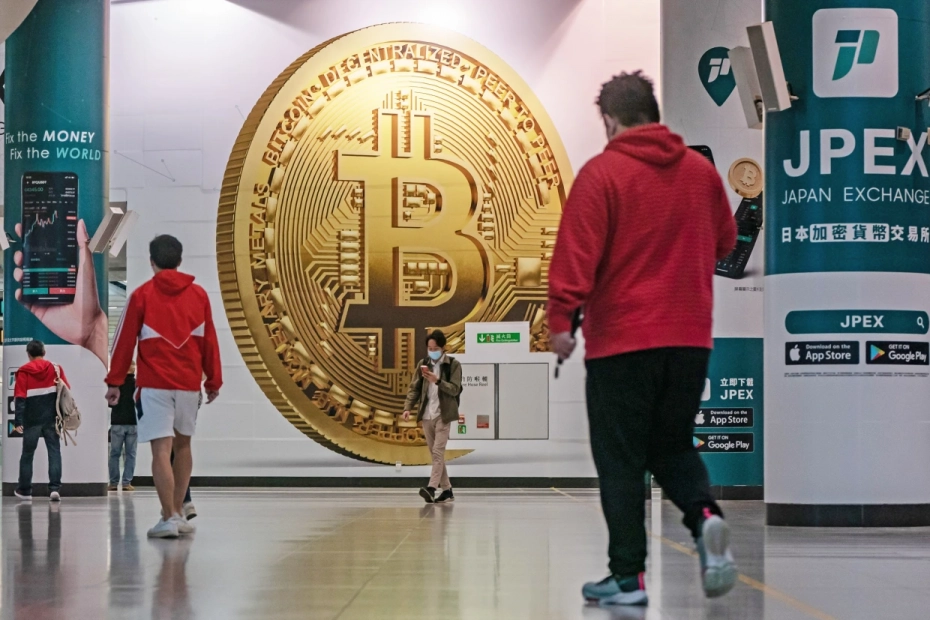
Hong Kong has become a prominent figure in the world of cryptocurrencies ever since it announced its decision to allow retail crypto trading in May 2023. In order to regulate the industry, Hong Kong implemented new regulations on June 1, requiring exchanges to obtain licenses from the Hong Kong Securities and Futures Commission (SFC). The SFC has provided guidelines for operators of Virtual Asset Trading Platforms (VATP) to comply with these regulations. It is important to note that while mainland China has banned cryptocurrencies since 2021, Hong Kong operates under its own financial system and regulatory bodies.
On June 13, an explanation of these regulations, written by Gilbert Ng and Chris Lee, was translated and published by Wu Blockchain. This has raised questions about the implications of these regulations and how they will impact crypto companies looking to relocate to Hong Kong as their operational base. In this article, we aim to provide a comprehensive breakdown of the new regulations and their significance.
One of the key aspects of the regulations is that cryptocurrency exchanges must obtain a license from the SFC to trade and market to consumers in Hong Kong. Existing exchanges that have a significant presence in the city are granted a one-year grace period to align their operations with the new regulations or decide to withdraw from the market.
The SFC will grant operational approval only to companies that can demonstrate "genuine operations and genuine business practices." This requirement specifically applies to non-securities trading platforms. The SFC has provided several factors to determine genuine operations and practices, including the exchange's location in Hong Kong, the presence of personnel managing the platform in the city, and the existence of a physical office in Hong Kong.
According to the translation from Wu Blockchain, the SFC defines operations in Hong Kong based on whether an exchange actively promotes its services to the Hong Kong public. Even if an exchange is incorporated elsewhere, if it advertises or engages in activities targeting Hong Kong investors, it must obtain a license.
Furthermore, the regulations highlight the need for "regulated individuals" to lead these crypto platforms. These individuals, such as directors, responsible officers, and managers, will undergo a thorough "fit and proper" assessment by the SFC, which evaluates their professional experience, regardless of whether it was gained in Hong Kong or another jurisdiction.
If you are considering registering or applying for a license, it is recommended to review the SFC's official handbook for the full terms and conditions. The evolving landscape of cryptocurrency regulation, particularly in financial hubs like Hong Kong, reflects the increasing relevance and acceptance of digital assets worldwide. Hong Kong's departure from mainland China's strict stance on cryptocurrencies demonstrates the city's commitment to establishing itself as a global leader in this industry.
0 replies on “Navigating Hong Kong’s New Crypto Regulation”